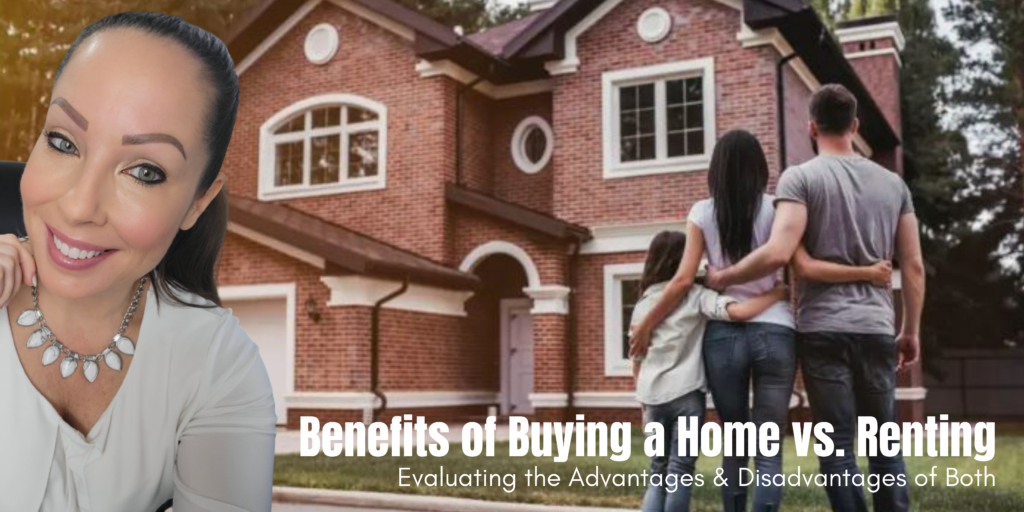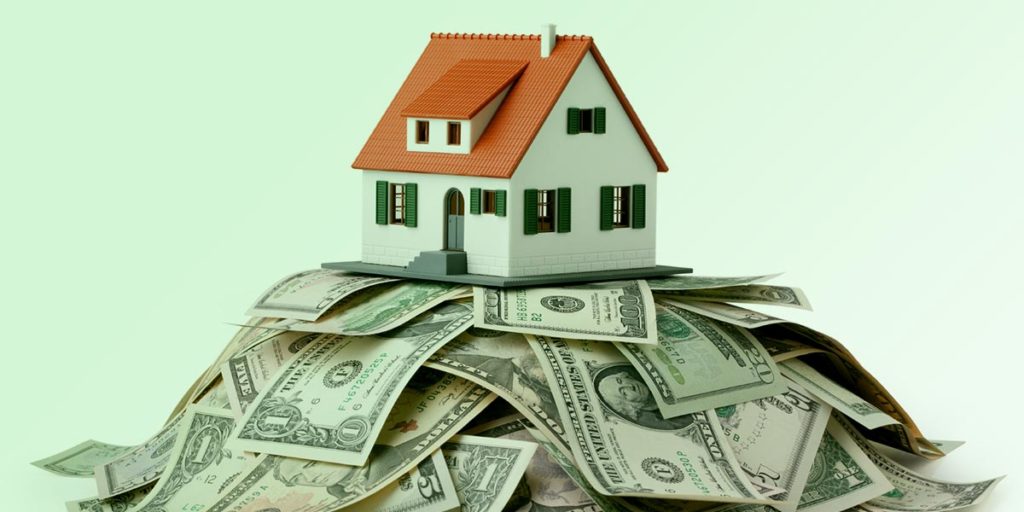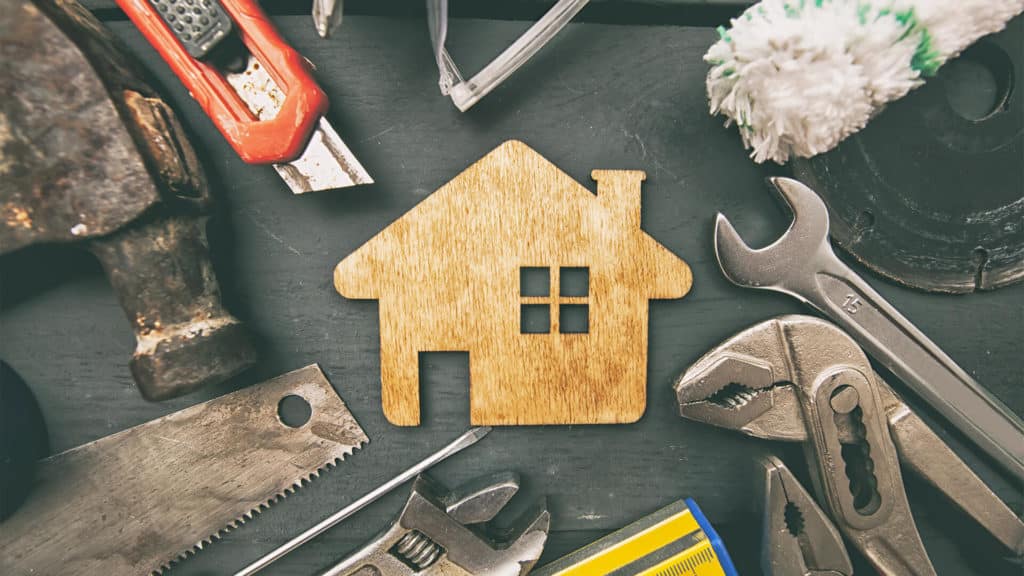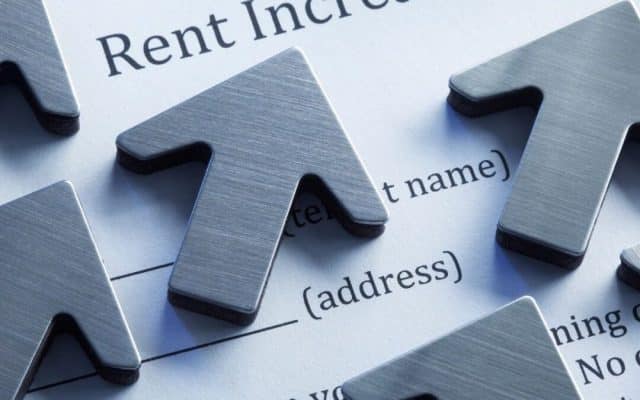
A first time home buyer program can be extremely helpful for new home buyers.
Have you been renting your home but wondering about some of the benefits of first time home buyer programs so you can try to get into the market?
Before you buy a home, it’s important to consider how this investment will impact not only your bank account and finances but also your entire lifestyle. With this in mind, let’s take a look at some of the biggest benefits of buying a home and what some disadvantages may be before committing to a purchase.
Benefits of a first time home buyer program and investments
IT’S AN AMAZING LONG-TERM INVESTMENT
While yes, there are some circumstances (like the one we are in the middle of right now) where homes can potentially lose some of their value. What is most important for any home buyer to understand is that these situations are temporary and if your plan is to be a home owner over the long term, you generally have nothing to worry about. Over the past 15 years, some homes have tripled or quadrupled in value, especially with the pandemic driving the market place while buyers have had increased options and mobility due to the rise in remote work.
INTEREST RATES
Rates have been historically low for more than a decade now and although yes, they have begun to rise over the last 6 months, they are still much lower than they have been prior to when they dropped in 2008. While they have been steadily increasing to try to curb record breaking inflation, it’s expected that they will plateau soon and then start to come back down. With this said, since the prices of homes have come down as interest rates are, you’ve probably heard the term “marry the house; date the rate”. Rates are rising but they aren’t expected to rise for much longer or stay there for an excessive amount of time. When it comes to first time home buyer programs, this should be an important perspective for you.

BUILDING EQUITY
If you’re new to the market and aren’t familiar with all of the terms, equity is really the difference between what you can sell the home for and what you owe. Equity grows, not only as you pay down your mortgage but also as it appreciates on the market. Over the duration of time that you own the property, more of what you pay starts going towards the principal balance on the mortgage rather than the interest which also helps to grow your investment.
TAX BENEFITS
When it comes to benefits associated with first time home buyer programs, one of the main ones is the First-Time Home Buyer’s Tax Credit. This used to be $5,000 up until 2021 but in 2022, this was increased to $10,000.
During the purchase process, you may opt to use the First Time Home Buyer’s Plan which hallows you to use up to $35,000 of saved RRSP money to put towards a down payment. Just keep in mind that a first time home buyers program like this one actually requires you to pay this back over a period of time or a total will be added back to your taxes each year when you file.
On a brand new build, you may be able to take advantage of a GST/HST new housing rebate.
For other tax rebates available to home owners, see one of my past articles.
OTHER BENEFITS
If you own your own home, unlike renting, you can renovate it whenever you want and to your liking. This gives you a sense of pride and privacy that you just can’t expect to have when you rent.
One of the concerns renters may have more strongly than a home owner is stability in your payments. If you opt for a fixed rate mortgage, then you’ll know that you will be paying the same monthly amount for principal and interest until the mortgage is paid off. More often than not, rents will and likely can increase at every annual lease renewal. As a home owner, taxes and utilities may go up also, but usually this is incrementally.
When you own your home, selling and moving is more challenging than moving out of a rental property, so ideally you want to find a home you love and can afford so you stay for a longer period of time.
Now that we’ve outlined some of the key advantages for first time home buyers, let’s also look at the disadvantages.

.jpg)
Buying a home requires you to save a down payment. Depending on how much you can save, you may also have a CMHC insurance fee built into your mortgage if you don’t meet the minimum amount down. In addition, closing costs can vary from 2-5% of the purchase price. This includes various fees, property taxes, mortgage insurance, a home inspection, insurance, title search + insurance and more. It can take up to 5 years to recover some of these costs.
LESS MOBILITY
While one of the biggest benefits of home ownership is stability, on the flip side to this is lack of mobility. If you’ve changed your mind about where you want to live or got a job offer somewhere else, owning a home means it’s more challenging to pick up and go somewhere new. You’d need to make this decision for yourself.
MAINTENANCE COSTS
When you own a home, the “work is never done”. You can’t simply call up your landlord to complaint that a sink is leaking or a toilet is backed up. As a home owner, you’re obviously first in line to try to repair something that breaks. You can try to save money and do it yourself; otherwise, you’ll be calling in a professional, which likely comes with a costly fee. It’s important to keep in mind all of the maintenance a home will require, both inside and out, before you decide what you’d like to do.
EQUITY TAKES TIME TO GROW
As mentioned above, in the beginning, a higher amount of your monthly mortgage payment will go towards interest rather than the principal. As a result, it takes time to grow your equity in relation to the money you’re paying. As such, even an extra $50-$100/mth can go a long way to grow your equity more quickly.

PROPERTY VALUES CAN FALL
As you can likely appreciate, what we’re seeing right now is property values going down. This is in large part from the Bank of Canada raising rates to get inflation under control after the significant gains the market saw after the pandemic commenced. When it comes to first time home buyer programs, this may be a big disadvantage if you bought during the peak of the market and are seeing a lower value to your home now, but if you buy now or 6-12mths from now, then you’ll likely be buying at a lower value before things start to swing up again. The reality is that there is a housing shortage going on. We are expecting a half million immigrants to move to Ontario per year over the next several years. This fact along is bound to push prices back up again, and likely sooner that later.
BALANCING COSTS
If you do find yourself in a situation where you have to move, then you need to be careful. The last thing you’ll want is being stuck with not only one but TWO mortgage payments if your house doesn’t sell quickly enough and you’ve already bought another.
We’ve taken a look at some of the biggest benefits of buying a home as well as some of the disadvantages. Let’s look at those associated with renting instead.
RENT COULD BE LOWER
If you’re renting an apartment, this could be less costly than purchasing something the same. It really depends on the all in costs of owning. This said, rents have gone up substantially over the past year so this may not necessarily be true – and at the end of each year, you’re no further ahead so this is an objective advantage.

REPAIRS AREN’T UP TO YOU
The landlord or property owner is required to make repairs for anything that breaks down. A big advantage to renting is knowing that your costs for shelter are fixed.
FLEXIBILITY
When you’re renting your home and on a lease, just because you start out with a year doesn’t mean you have to leave when the year is over BUT it does allow you to leave after a year if you want to. That gets you off the hook if you need to relocate.
LOWER COSTS UPFRONT
I’m sure it’s a no brainer that when you rent, there is no down payment – only your first / last month’s rent. As such, this is significantly lower in cost than buying.
If these are the positive aspects of renting, now let’s look over some of the disadvantages
CHANGES
When you’re renting rather than owning, you can’t just start changing anything and everything you want. This doesn’t mean you can’t, but you can’t without the home owner’s express permission. You may be hesitant to do so since you’re improving their property, not your own.
NO EQUITY
First time home buyers programs support you with a lasting investment and the chance to build equity. The reality is that renting does not. When you leave your rental, all you’re entitled to is your furniture/belongings. You’ve essentially helped the landlord pay down their mortgage, not your own.

RENT MAY INCREASE
Since we’re here in Ontario, there are limits to how much a landlord can raise your rent but chances are, they will raise it by at least the minimum each year. And, if you do have to move and rent elsewhere, your rent could be considerably higher than where you’re leaving.
CREDIT SCORE
When you’re a renter, the payments you’re making to the landlord really don’t do anything to help you out with your credit score. When you’re a home owner, this is one of the natural advantages.
If finances were no object, I think the writing is on the wall here. It’s clearly much better to be a home owner, when it comes to your financial future, than it is to be a renter. In fact, TD recently came out with a report reflecting that Canadians aged 56-65 who own their home had an average net worth of $1,400,000 compared to those who rented had just $200,000. Buying a home isn’t only about obtaining “shelter” – it can very much dictate your financial future and in turn freedom, as you age.
Regardless of this, there are 3 simple questions you should be asking yourself if you’re trying to get into the market.
1.CAN YOU REALLY AFFORD IT?
Becoming a home owner can be expensive when you factor in the down payment, closing costs and sudden expenses.
I remember when I was living with my mom when I was younger. Her boss at the time covered her down payment of $5,000 so she could be a house for us, but she struggled with the payments month to month. After 2 years in the same house, we ran into a big plumbing issue and couldn’t use the shower anymore, only baths, otherwise water would leak down into the ceiling. She was quoted $20,000 to fix it. At the time, the house was only worth $100,000 so this was significant. She couldn’t justify the spend and sold it to move into a different house. After a year there, she decided she still couldn’t keep up the monthly expenses, sold it and moved further east. While yes, the real estate was less costly there, she ended up spending much more in fuel costs and time to get to/from work. Another year passed and she sold that house too and moved into a rental.
When you’re looking to invest in a home, you have to be extremely realistic about your budget. You need to closely evaluate what you have coming in vs. what you expect to have coming out along with what you’d do if something unexpected came up. If you’re worried about covering your monthly costs, you may want to consider a property that has space for a rental within it, or the possibility of buying with friends or other family members. This may not be the best long-term solution, but it gets you into the market now and gives you the chance to save some extra money in the meantime.

2.HOW LONG ARE YOU EXPECTING TO STAY IN THE HOME?
Life happens and while you could expect to stay in a home for a specific period of time, it could prove to be shorter or longer than you think it may be. But, due to closing costs, it’s generally not a good idea to be in a home for less than 2-3 years since these fees can be so high.
3.WHY DO YOU WANT TO BUY?
Profitability in real estate, unless you’re actively flipping houses, is typically a long play. If you think you can buy/sell all the time and build your wealth, you’ll probably end up being disappointed. If you’re looking for a home or a long term investment, chances are this may be the right move for you.
If you think first time home buyer programs would help you get into the game and buying a condo or house is the best next step for you, amazing. Big financial decisions can be frightening and downright overwhelming at times, but don’t let this get in the way of your dream of being a home owner.
Got questions about how you can make your home ownership goals come true? Let’s chat! I can be reached at 647.896.6584, by email at info@serenaholmesrealtor.com or by filling out this simple contact form.
For more great content for home buyers and tips, make sure we’re connected on social @serenaholmesrealtor and you’ve subscribed to my YouTube Channel.










